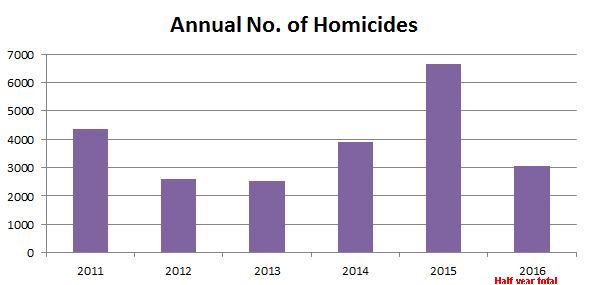A teeny tiny US response
The US is taking a tiny step forward towards treating Salvadorans and other Central Americans fleeing gang violence. As reported in the Tico Times : The governments of the United States and Costa Rica announced Tuesday that Costa Rica would begin hosting Central American refugees applying for asylum in the United States and other countries as part of a protection transfer arrangement with the U.N. refugee agency, UNHCR, and the International Organization for Migration. As many as 200 refugees at a time from El Salvador, Guatemala and Honduras — the so-called Northern Triangle — will be allowed to stay in Costa Rica for up to six months while they are processed for potential asylum in the U.S. or elsewhere, UNHCR chief in Costa Rica Carlos Maldonado told reporters during a news conference at Casa Presidencial in San José on Tuesday. The U.S. State Department announced the agreement in a news release . Working with the UNHCR and the IOM, the United States will pre-screen “vulnerab...


